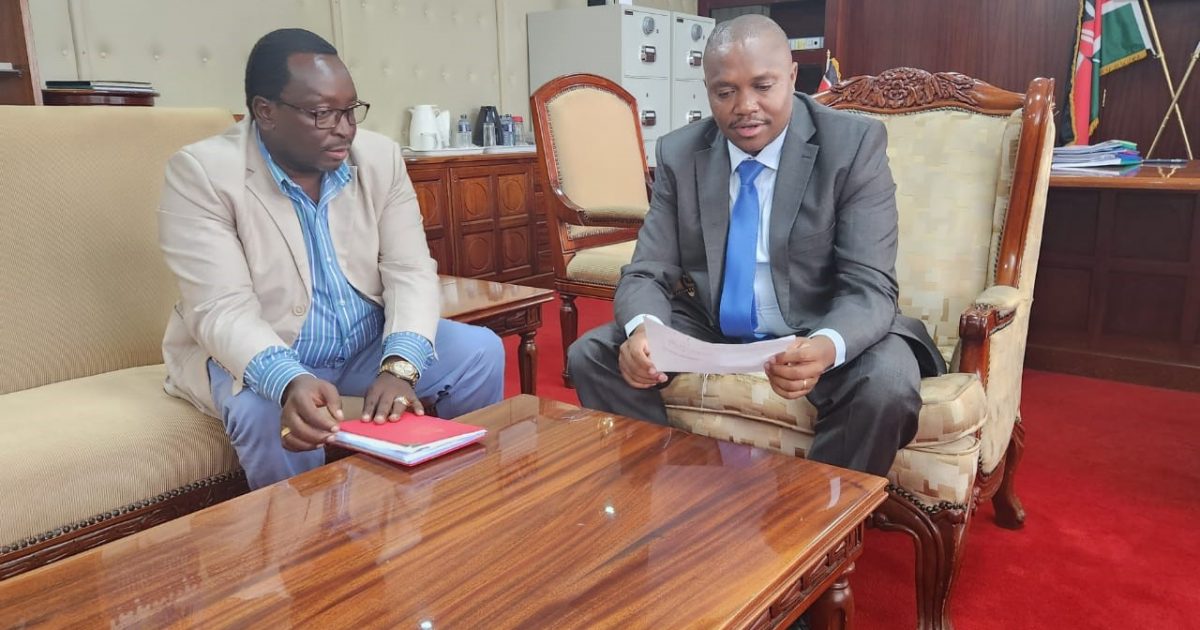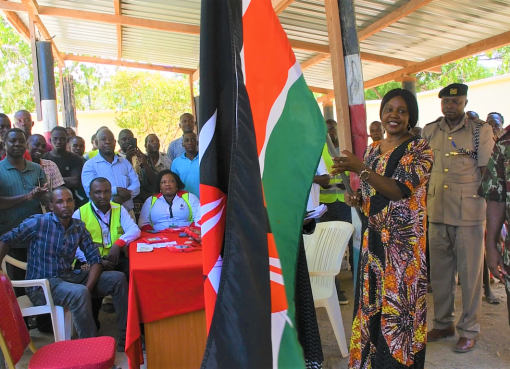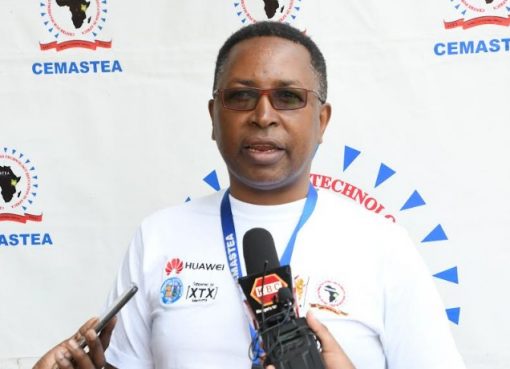The government is set to publish regulations and guidelines that will govern the exploration, mining, selling, and exporting of strategic minerals, in a move expected to calm jitters amongst the artisanal miners and dealers who had expressed their anxiety over the state’s looming control over strategic minerals.
The Principal Secretary (PS) State Department for Mining, Elijah Mwangi, says the Mining Act 2016 and Strategic Minerals Regulations of 2017 require the CS to publish guidelines to guide and inform the exploitation of strategic minerals.
Speaking during a meeting with officials of the Kenya Chambers of Mines on Friday, the PS said the government remained committed to enhancing the efficiency in the mining sector through the provision of structured frameworks to direct the operations in the sector.
“We are polishing up the guidelines on how to undertake the process of exploiting and extracting strategic minerals. They will be published soon,” he said.
The formulation of the guidelines comes hot on the heels of the government’s move in October last year to declare 14 minerals as strategic. As per the regulations, strategic minerals are critical for Kenya’s green energy transition. The minerals under this category include copper, nickel, graphite, niobium, rare earth, lead, and tsavorite.
Following that declaration, the state directed that the mining of strategic minerals would be undertaken by the National Mining Corporation (NMC). However, miners dealing in the mining of any strategic minerals were required to make a request, which would be considered on a case-by-case basis.
Mining stakeholders have lauded the state’s move but urged for the introduction of proper modalities to shield artisanal miners and dealers of strategic minerals from economic shocks during the transition to the new dispensation.
The Chair of the Kenya Chamber of Mines, Dr. Patrick Kanyoro, disclosed that most artisanal miners engaged in the mining of strategic minerals, particularly copper and tsavorite, were living under a dark cloud of uncertainty, worrying over the possible disruption of their livelihoods.
He stated that the mining chambers were in full support of streamlining the mining sector to enforce compliance, a move he predicted would not only benefit regulators but also miners and buyers.
He, however, asked the government to provide for a grace period of a specific timeframe to allow for a smooth transition into the new era of partnerships between artisanal miners dealing with strategic minerals and NMC. This grace period would help avoid the abrupt and massive disruption of livelihoods.
“We are committed to working with the government to find practical ways of handling this transition with an eye on establishing a complete value-added system for strategic minerals,” he said.
While acknowledging the miners’ concerns, the PS disclosed that the department is finalizing the guidelines on strategic minerals. The regulations will focus on, among other issues, the establishment of a value-added and beneficiation center for strategic minerals and the absence of optimum operational capacity for NMC to enable it to effectively explore, mine, smelt, process, or market strategic minerals.
He disclosed that the department had developed several short, medium and long-term strategies to address such challenges and would share them with mining stakeholders for enrichment.
“We are asking dealers of strategic minerals to be a little patient because we are finalizing these guidelines. They will be communicated before the end of the month,” he said.
The PS stated that the current reforms in the mining sector were driven by the need to make the mining sector lucrative for all stakeholders. He cited the decriminalization of artisanal mining activities and the formation of marketing cooperatives as targeted moves aimed at increasing profitability in the sector.
Already, over 200 marketing cooperatives have been formed, with capacity-building activities done for Embu and Mombasa-based cooperatives.
As part of supporting artisanal miners, the government has developed an artisanal mining strategy to allow Mineral Rights Boards to delineate specific areas to be exclusively set aside for artisanal miners.
“The reforms we are undertaking are geared towards making the miners earn a decent living from their work,” he said.
The PS further directed the dealers with all kinds of minerals to apply for licenses in readiness as part of complying with the state’s mineral dealing and processing requirements.
By Wagema Mwangi





